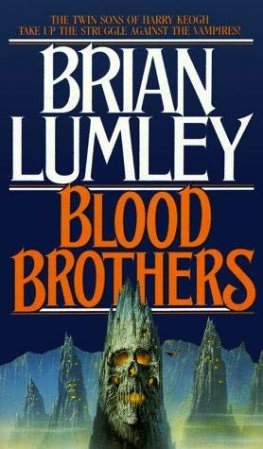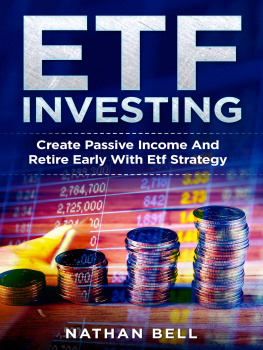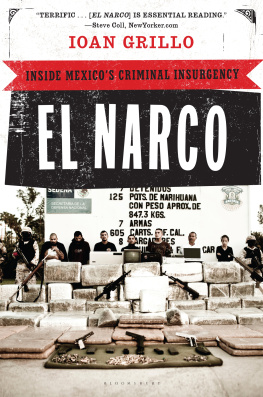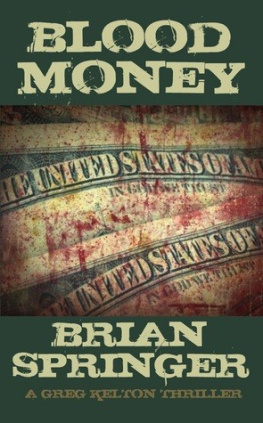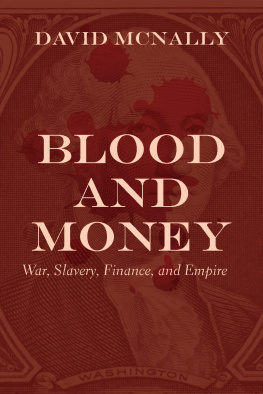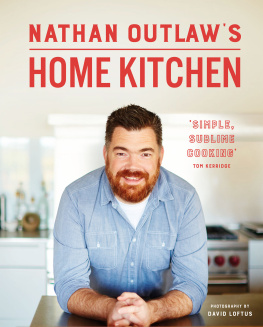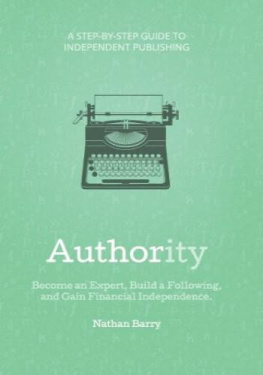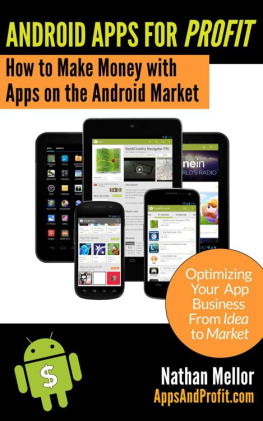Nathan Vardi - For Blood and Money
Here you can read online Nathan Vardi - For Blood and Money full text of the book (entire story) in english for free. Download pdf and epub, get meaning, cover and reviews about this ebook. year: 2022, publisher: W. W. Norton & Company, genre: Detective and thriller. Description of the work, (preface) as well as reviews are available. Best literature library LitArk.com created for fans of good reading and offers a wide selection of genres:
Romance novel
Science fiction
Adventure
Detective
Science
History
Home and family
Prose
Art
Politics
Computer
Non-fiction
Religion
Business
Children
Humor
Choose a favorite category and find really read worthwhile books. Enjoy immersion in the world of imagination, feel the emotions of the characters or learn something new for yourself, make an fascinating discovery.

- Book:For Blood and Money
- Author:
- Publisher:W. W. Norton & Company
- Genre:
- Year:2022
- Rating:4 / 5
- Favourites:Add to favourites
- Your mark:
- 80
- 1
- 2
- 3
- 4
- 5
For Blood and Money: summary, description and annotation
We offer to read an annotation, description, summary or preface (depends on what the author of the book "For Blood and Money" wrote himself). If you haven't found the necessary information about the book — write in the comments, we will try to find it.
For Blood and Money — read online for free the complete book (whole text) full work
Below is the text of the book, divided by pages. System saving the place of the last page read, allows you to conveniently read the book "For Blood and Money" online for free, without having to search again every time where you left off. Put a bookmark, and you can go to the page where you finished reading at any time.
Font size:
Interval:
Bookmark:
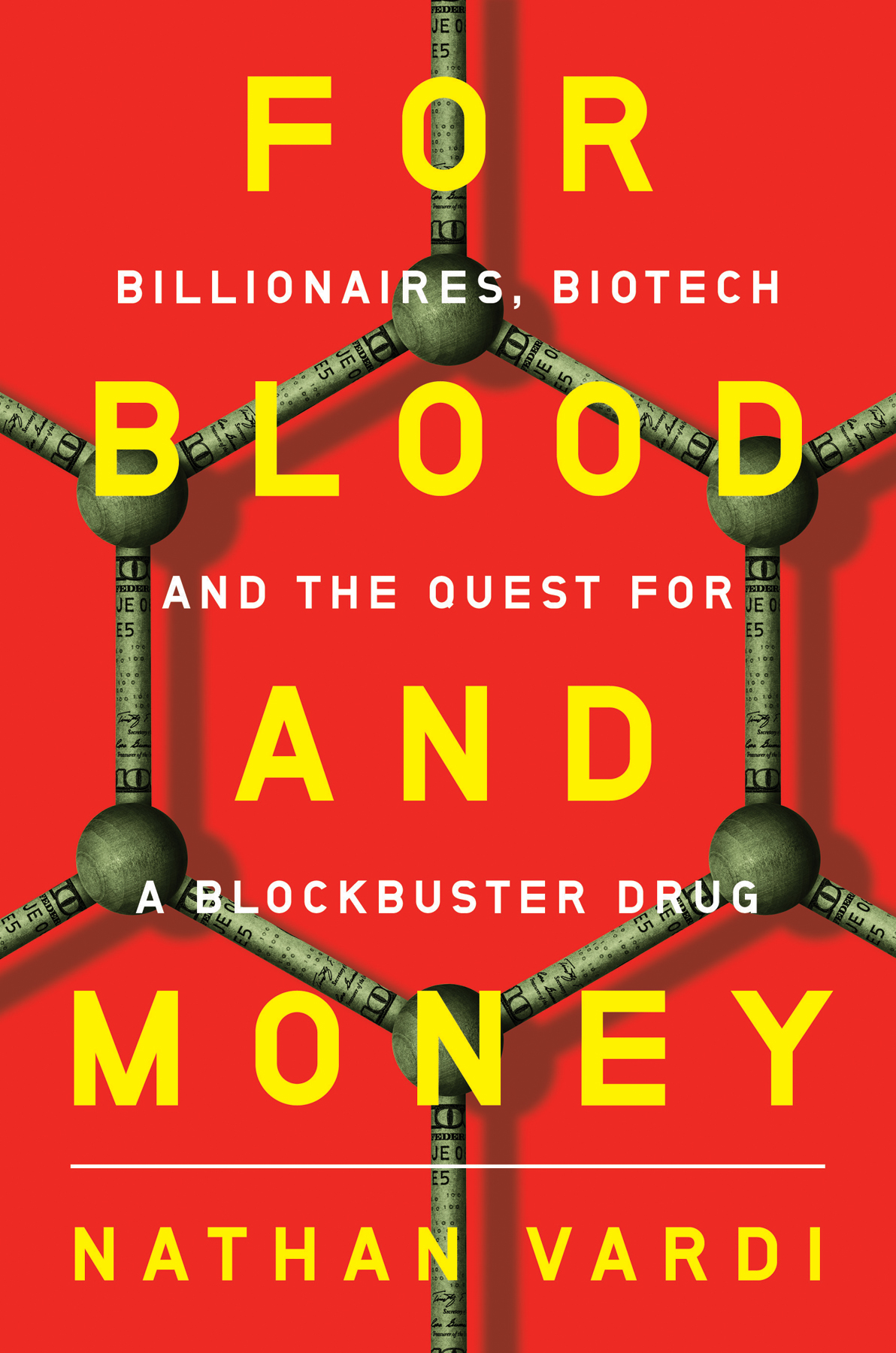
FOR BLOOD AND MONEY
BILLIONAIRES, BIOTECH, AND THE QUEST FOR A BLOCKBUSTER DRUG
NATHAN VARDI

For all the patients who volunteer to participate in clinical trials.
CONTENTS
A hmed Hamdy sat in his car staring at the Frys Electronics store sign. He wasnt sure how long he had been sitting there, but it felt like forever. Paralyzed by shock, Hamdy tried to absorb what had just happened. He had just been blindsided by his boss and fired.
From where he was parked, he could see the headquarters of his former company. Just minutes ago, Hamdy had been escorted out of the building to his car by the head of human resources. She kept watch until Hamdy drove off the corporate parking lot. This morning Hamdy had been the upstart biotechnology companys chief medical officer. The company was filled with the kind of change-the-world enthusiasm that can only be found in Silicon Valley. He had devoted every moment of the last two years to thinking about it, growing it, leading it. Now he felt like a trespasser, even a criminal. He didnt know where he was supposed to go.
In fact, he couldnt bring himself to go anywhere. Bewildered, Hamdy had barely been able to drive, so he had turned into the massive Frys Electronics parking lot 500 feet away from his old office. Frys had been founded right here in Sunnyvale, California, and had become a Silicon Valley institution, a kind of techie candy store where budding visionaries would buy their first PC and geek out over processors and routers. It was a symbol of Northern California optimism. An optimism that Hamdy felt quickly fading.
There, in his car, he thought a lot about money. Things would get tight. He would need to sell his corporate stock. He thought about his family. He had no idea what he was going to tell them. Then, Hamdy started thinking about the drug. A profound sense of loss swept over him.
The office park next door, where Hamdy used to work, housed the main offices of Pharmacyclics. Few people had ever heard of the tiny biotechnology company. Those who had heard of it, through the Silicon Valley biotechnology grapevine, knew it to be a weird place. The company was focused on an experimental treatment for blood cancer. They were early in the drug development process and had a long way to go to prove themselves and their new drug. But Hamdy was a true believer. He had been certain that the cancer treatment, his drug, was something special. It was going to work. The drug would have a life-changing impact. It would keep people from dying. It would make him a wealthy man. All of that was taken from him in an instant. Never again, Hamdy thought, would he get another opportunity like this. His emotions were a mix of self-pity, depression, fear, and fury. It was May 2011, and that morning Hamdy had believed he was at the forefront of the battle against cancer. Now he wasnt even a player.
From personal experience, Hamdy understood that developing cancer drugs was like buying a lottery ticket. Most cancer drug researchers were stumbling around in the dark. Occasionally, a variety of factorsincluding luckcame together to produce a winning treatment. It was a game of overwhelmingly negative odds. The vast majority of novel cancer drugs tested in patients failed.
But Hamdy sensed that new technologies and approaches were about to unleash a biotechnology revolution and that Pharmacyclics cancer drug would be part of a medical science golden age. Specifically, Hamdy had seen the drug trigger a faint signal in patients with the most common form of adult leukemia. The drug was a small molecule that medical science referred to as a BTK inhibitor. It targeted and infiltrated malignant cells and blocked an enzyme that Hamdy believed helped cancer cells multiply and stay alive. It was just a subtle signal, but for Hamdy it was enough.
The drug was not new. For a time it had been completely neglected and forgotten at the bottom of a test tube where it had been created. There were many great drugs trapped in the pipelines of pharmaceutical companies, waiting for someone to discover them like buried treasure. Even after years of innovation, good drugs languished in the bellies of big conglomerates, bureaucracies too burdened with their own processes and procedures to identify and develop these tiny gems. These drugs could be fished out for pennies on the dollar and developed. And thats what dreams are made of. You just needed the vision to make it happenand the money. Thats how Pharmacyclics, almost by accident, had ended up with its BTK inhibitor.
The money, however, came with strings. Hamdys anger slowly started to crystallize around a singular man who pulled them.
O n Super Bowl Sunday 1997, much of America watched Drew Bledsoe and the New England Patriots play Brett Favre and the Green Bay Packers. As the big game was taking place in New Orleans, a family tragedy that had been playing out about an hours drive away was concluding.
At age twenty-six, Demian Duggan looked up from his hospital bed and told his father he was ready to die.
I can feel it here, Demian said. All I got to do is acquiesce and Im gone.
Robert Duggan looked at his only son and told him he was there for him. You have the freedom to do that. Im right here, Duggan responded.
Originally from Southern California, Demian had packed a lot into his life. A freestyle swimmer on the University of California, Santa Barbara, swim team, he had been assigned a roommate from Croatia, a backstroke specialist. The two swimmers hit it off and spent a summer touring Croatia just as the central European country was emerging from the breakup of communist Yugoslavia. When he returned from the adventure, Demian told his father he was dropping out of school and starting a billboard company in Croatia. Demian had an optimistic American vision for the postcommunist world. He wanted to be like Ted Turner and build a new media empire.
Theyre transitioning, theyre going to have to promote and advertise, theyre going to need a Madison Avenue, Demian exclaimed to his father. Communism doesnt have a Madison Avenue!
Duggan could hardly deny his son. He himself had dropped out of UCSB and found stunning business success. Duggan made one demand. He insisted that Demian go to Los Angeles and spend six months at the World Institute of Scientology Enterprises. It offered courses on the business methods of L. Ron Hubbard, the science fiction writer who founded the Church of Scientology. Duggan credited these methods for his own business success.
Demian completed the coursework, moved to Croatia, and built a billboard advertising company with the financial backing of his father. Metropolis Media became a success, putting up ten thousand double-sided outdoor billboards throughout postcommunist Croatia, Slovenia, Serbia, Bosnia, and Macedonia. Demian also fell in love, marrying a Croatian woman whose family helped get the business off the ground.
Unfortunately, a tumor had started growing in Demians brain. By the time the tumor was the size of a thumb, Demian returned to Southern California. The devastating diagnosis was glioblastoma, a brain cancer with a of 15 months if treated with surgery and chemotherapy.
Duggan arranged for Demian to have surgery at Santa Barbara Cottage Hospital to remove as much of the tumor as possible. But both Duggan and his son balked at the next standard step of care, follow-up chemotherapy and radiation. Duggan had seen relatives and others go through chemotherapy and was convinced it would only make a bad disease worse. Duggan hated chemotherapy and in this instance he didnt believe it would make much of a difference.
Font size:
Interval:
Bookmark:
Similar books «For Blood and Money»
Look at similar books to For Blood and Money. We have selected literature similar in name and meaning in the hope of providing readers with more options to find new, interesting, not yet read works.
Discussion, reviews of the book For Blood and Money and just readers' own opinions. Leave your comments, write what you think about the work, its meaning or the main characters. Specify what exactly you liked and what you didn't like, and why you think so.

